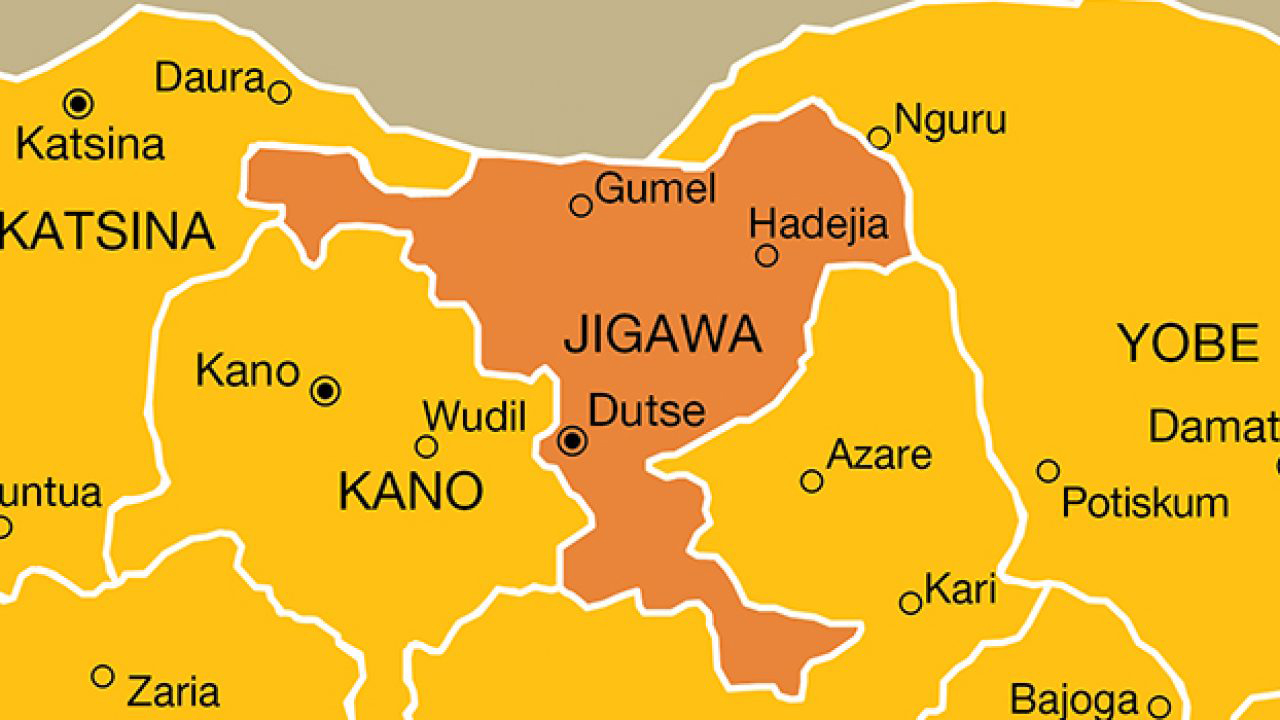
A News Agency of Nigeria (NAN) check in Guri Main Market on Saturday, revealed that prices of perishable items have now dropped by 20 per cent, compared to prices of items sold in the previous week.
A bag of dried pepper which was sold at N12,000 now costs N11,000.
Similarly, a bag of dried tomatoes sold at N8,500 is now going for 7,500, while a bag of dried chili pepper sold at 9,500 is now N8,500.
A medium size bag of onions sold for N5,000 now costs N4,000 while a bag of leafy onions sold for N2,000 now sells at N1, 500.
Contacted, the Chairman of Perishables Sellers Association in the market, Alhaji Musa Zugo, attributed the drop in prices to availability of goods.
According to Zugo, the current scorching sun has forced farmers to harvest the items and sell, otherwise they will get rotten because of the heat and insect bites.
“As a result of this, the items have flooded the market and, you know when goods are in excess, their prices drop.
“Now, the change in weather has also forced some farmers to preserve the items and dry them otherwise they will get rotten,” he said.
Zugo noted that all the perishables were cultivated in Guri and Kirikasamma areas.
He said that daily dispatched vehicles are usually loaded with the items to states such as Lagos, Rivers, Enugu, Anambra, Ondo Oyo, Edo, Kano, Katsina and Kaduna.
Zugo identified lack of infrastructure as one of their major challenges in the market.
“The shops we occupy are few and because there are no big stores, we are compelled to leave our goods on the ground and cover them when the market is closed.
“The absence of drainage system in the market often leads to flooding during rainy season,” he said.
The chairman, however, called on the council’s authority to develop infrastructure for the market, considering its revenue generation capacity for the council.
[ad unit=2]



